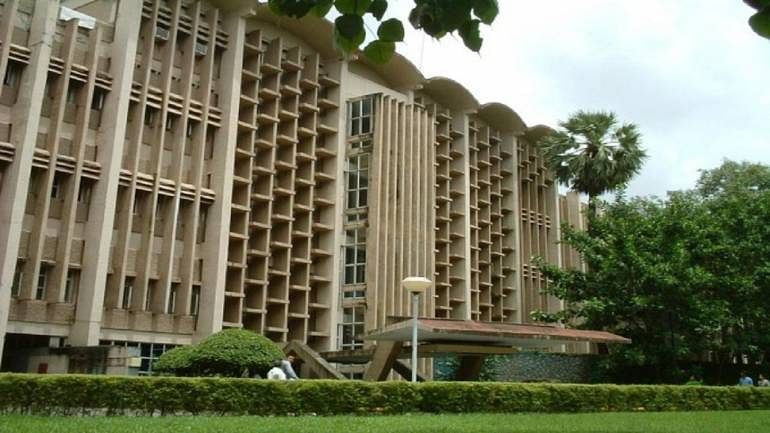New Delhi: The Indian Institute of Technology (IIT), Bombay, has emerged as the best higher education institute in India for the second consecutive year, according to the QS India University Rankings 2020 released Tuesday. The Indian Institute of Science (IISc), Bengaluru, is at number two and IIT-Delhi at number three.
IIT-Bombay also emerged as the topmost institute in another QS ranking, released last month, in terms of employability of its students.
This is the second edition of QS rankings exclusively for Indian institutions.
In the latest QS ranking list, IITs and IISc — like the last year — dominate the top slots. After IIT-Delhi in the third spot, IIT-Madras is at number four, followed by IIT-Kharagpur and IIT-Kanpur, respectively.
Among the non-IITs, Delhi University occupies the first spot — at number seven — followed by Hyderabad University, IIT-Roorkee and IIT-Guwahati. Calcutta University (CU) is at number 11, followed by Jadavpur University (JU).
Mamata heaps praise on CU, JU
West Bengal Chief Minister Mamata Banerjee lauded Calcutta University and Jadavpur University for their rankings.
“I’m happy to share with you that as per QS INDIA RANKING 2020, University of Calcutta and Jadavpur University have secured first & second positions, respectively, among all Government Universities in India. My heartiest congratulations and best wishes to all,” she tweeted.
Most of the institutions in the top 10 have retained their positions from last year, except for IIT-Delhi and Madras — Madras was at number and Delhi at number 4 last year.
According to a press release by the QS, the methodology used eight indicators to determine the institutions’ rankings — academic reputation (30 per cent), employer reputation (20 per cent), faculty-student ratio (20 per cent), the proportion of staff with a PhD (10 per cent), papers per faculty from Scopus database (10 per cent), citations per paper from Scopus database (5 per cent), the proportion of international students (2.5 per cent) and the proportion of international faculty (2.5 per cent).
‘Academic reputation’, the indicator with the highest weight, was based on QS’ major global survey of academics, who were asked to identify top-ranking institutes in their field of expertise.
Also read: IIT-Bombay tops first QS India University Rankings, IISc Bengaluru second
